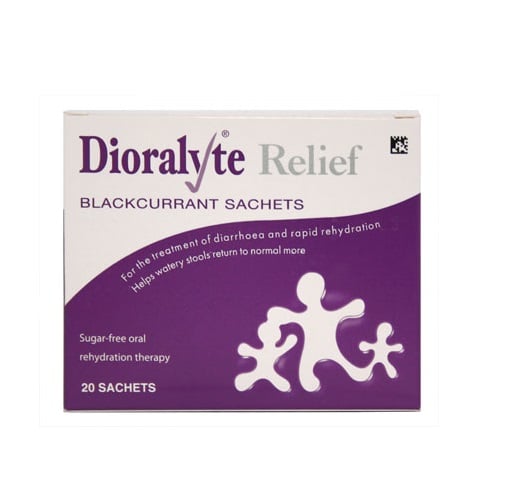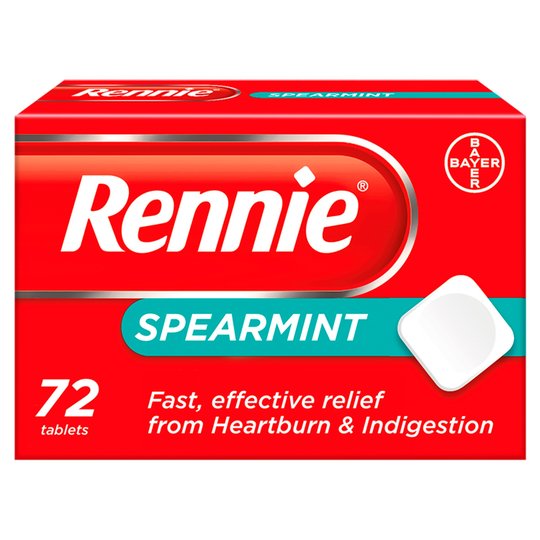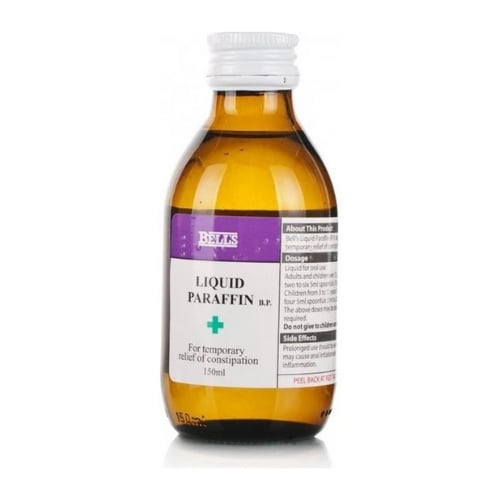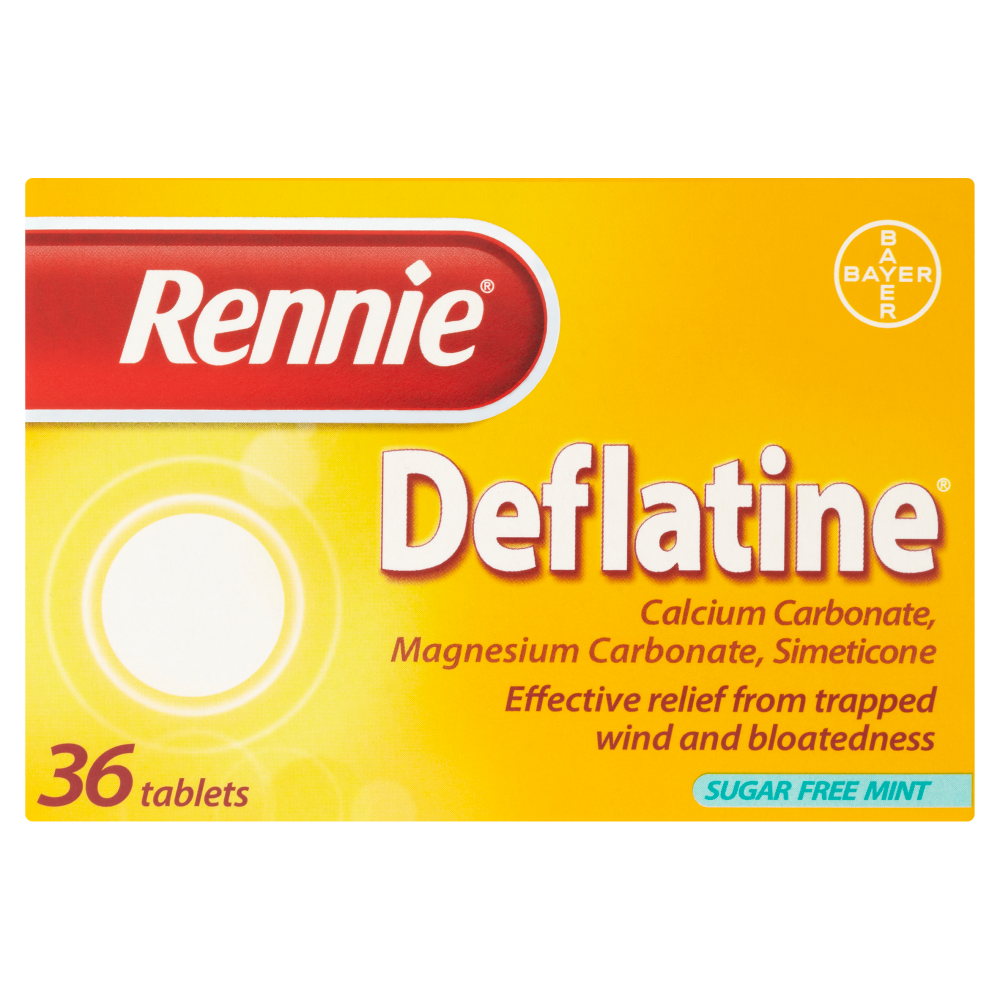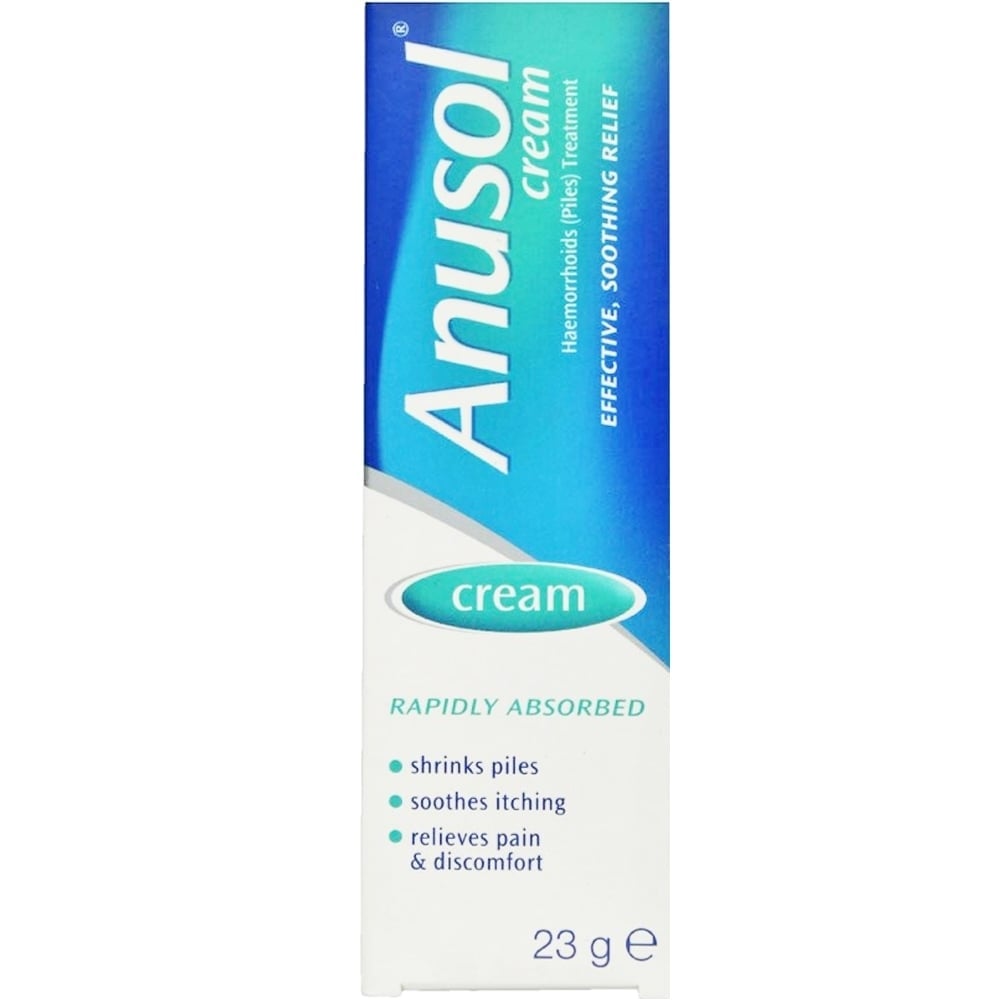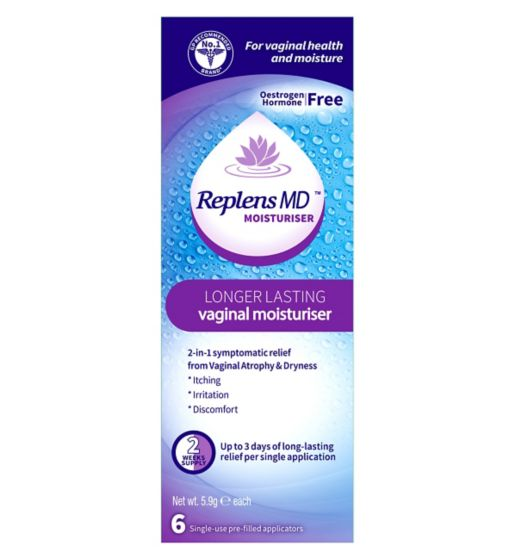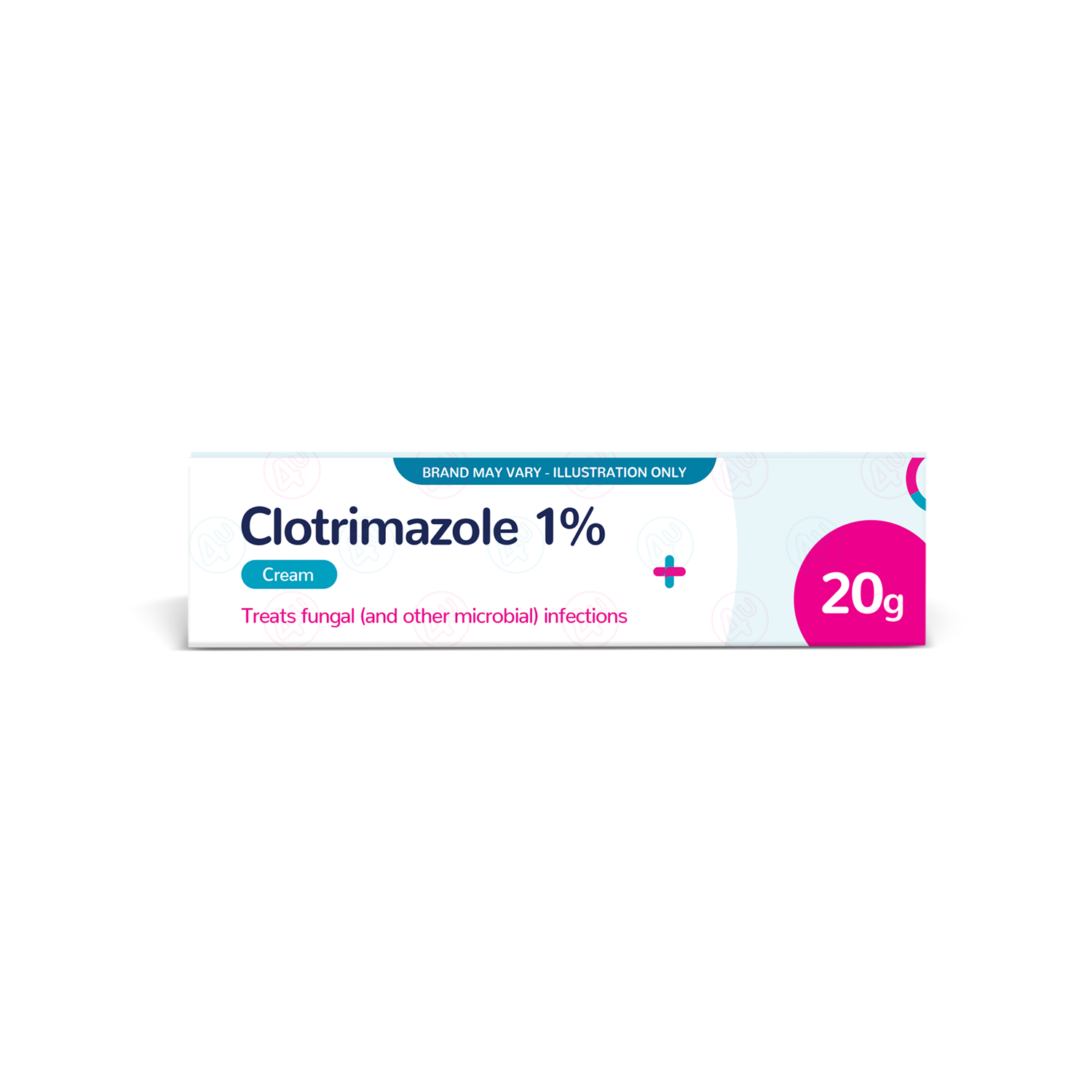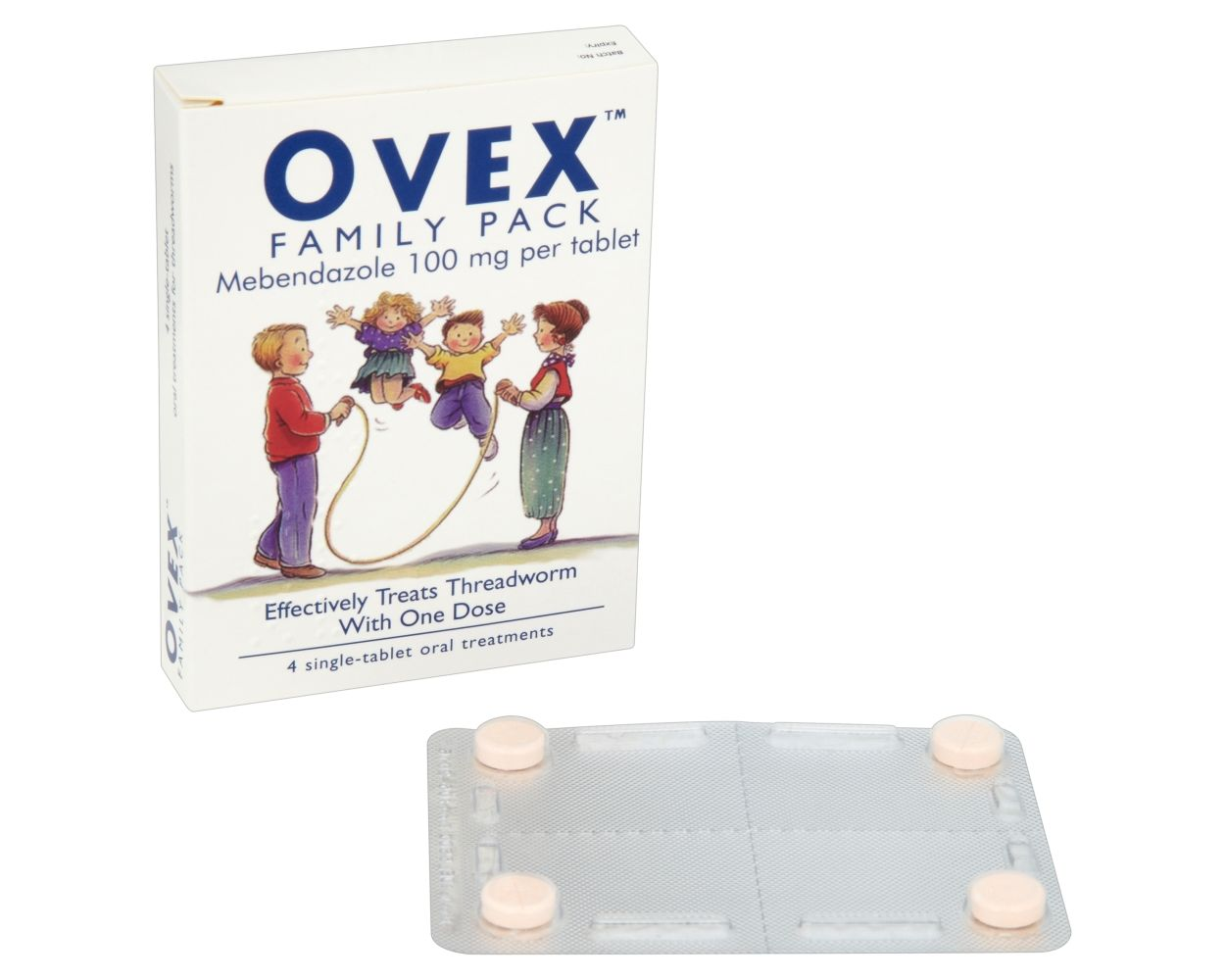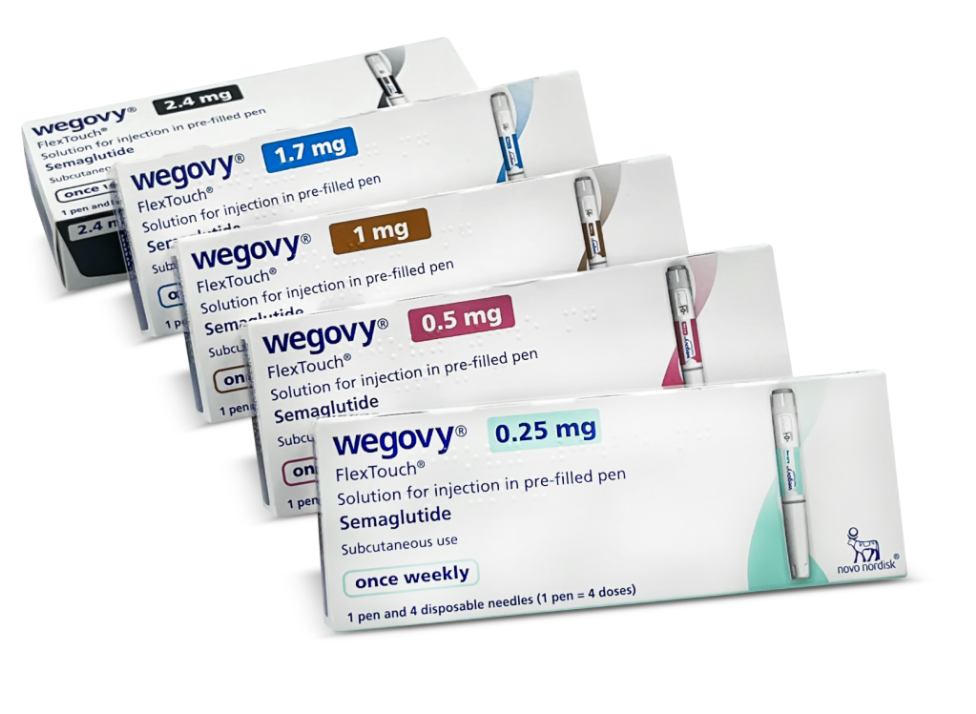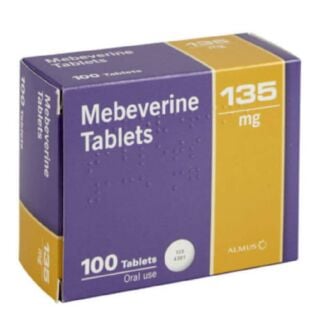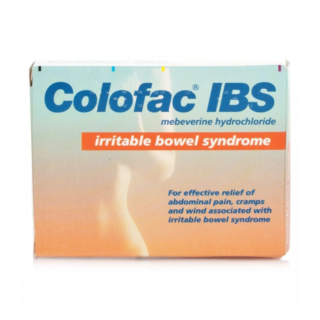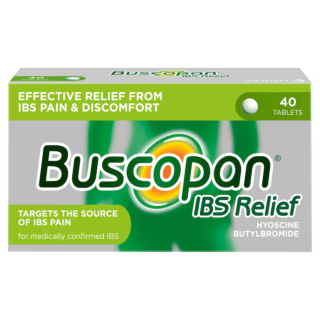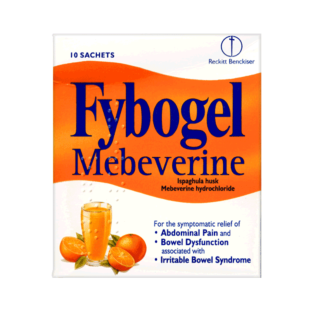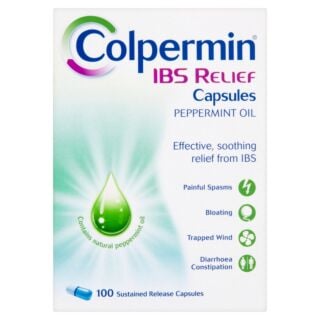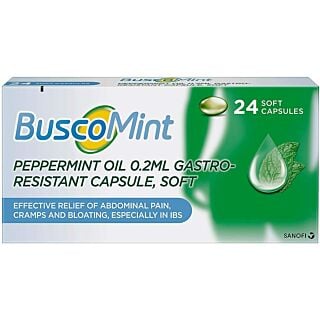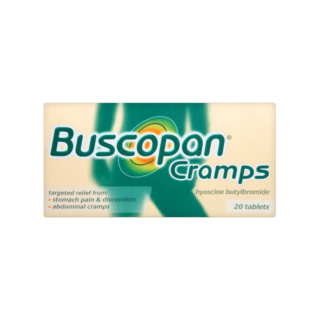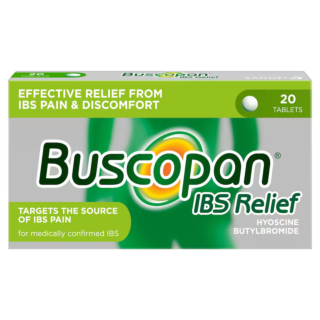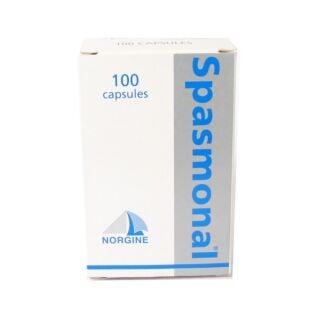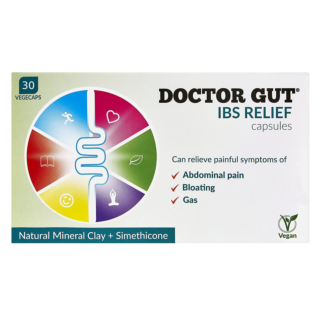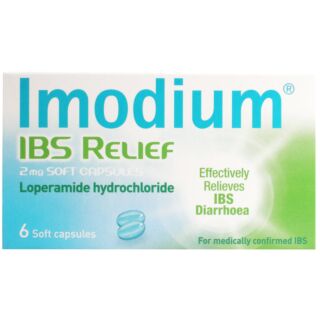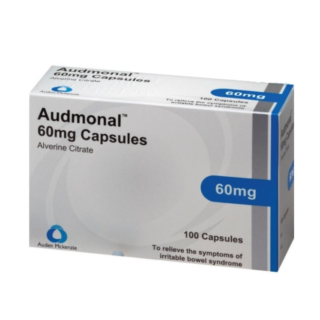IBS (irritable bowel syndrome)
Between 5-20% of the general population are estimated to suffer with irritable bowel syndrome (IBS).1 However, this is potentially an underestimation, as many people with IBS never seek medical help.1 … Read More See less
Because how are you supposed to know whether your stomach pain and bloating are symptoms of a specific food intolerance, another medical condition or IBS? Plus, it can be hard to know what’s normal for the general population when you’ve only ever known your normal.
So, let’s get into IBS, from what it is to how it’s diagnosed and what you can do to manage your IBS symptoms. Whether you’re already diagnosed with IBS or just beginning to wonder if it may be the cause of your discomfort, let’s explore how you can reduce the impact of IBS on your life.
What is irritable bowel syndrome (IBS)?
IBS is a gastrointestinal disease or condition that causes a group of symptoms that affect your digestive system.2,3 It is characterised by abdominal discomfort associated with your bowel movements.5
IBS is a chronic (long-term) condition, meaning it can’t be cured.3 However, most people can manage their symptoms with some lifestyle and IBS dietary changes, as well as IBS medication and IBS tablets.2,3 Though some people with IBS experience severe symptoms that require more intensive treatment approaches.4
Importantly, IBS is not the same as inflammatory bowel disease (IBD).5
Irritable bowel syndrome symptoms
You will likely have better days and worse days with IBS, depending on whether you’re going through a flare-up (a worsening of symptoms).3,6
When they occur, IBS symptoms include:3,6
- Stomach pain or cramps (usually worse after eating and better after passing an irritable bowel movement)
- Excess gas and bloating
- Diarrhoea
- Constipation
- Mucus in your stools
- Feeling like you haven’t fully emptied your bowels after passing a stool
- Tiredness and a lack of energy
- Feeling sick
- Backache
- Problems with peeing, like needing to pee a lot or urgently
- Not always being able to control when you pass a stool
Depending on the symptoms you experience most, there are four subcategories of IBS:3,5
- IBS-D – mostly diarrhoea and abdominal discomfort (IBS-D)
- IBS-C – mostly constipation and abdominal discomfort (IBS-C)
- IBS-mixed – alternating loose stools and constipation with abdominal discomfort
- IBS-U – an undefined subtype when symptoms vary
Irritable bowel syndrome triggers
The cause of an IBS flare-up isn’t always apparent, but triggers can include:3,4,6
- Drinking alcohol
- Having caffeine
- Carbonated drinks
- Eating spicy or fatty foods
- Eating foods including wheat, dairy products, citrus fruits, beans, cabbage
- Feeling stressed or anxious
- Using antibiotics regularly
- Being on your period
Causes of irritable bowel syndrome
Researchers haven’t yet identified a single cause for IBS.3,7 Instead, the condition has been linked to problems with the gut-brain interaction, which describes how your gut and your brain work together.
If there is a communication difficulty between your gut and your brain, your gastrointestinal (GI) muscle may struggle to move food through your GI tract (dysmotility) and contract more, causing cramps. Problems with the gut-brain interaction can also cause you to have extra-sensitive nerves in your GI tract (visceral hypersensitivity), which can exacerbate abdominal pain.
IBS has also been linked to a number of other contributing factors:3,5,7
- Severe bacterial infections in your digestive tract
- A bacterial overgrowth in your small intestine
- Food intolerances or sensitivities
- Stressful or difficult events in early life
Risk factors for irritable bowel syndrome
IBS affects twice as many women as men, although the symptoms of IBS in females do not differ.3,5 Most sufferers develop their first symptoms before the age of 40, with many experiencing an onset of symptoms during childhood or young adulthood.5
Other risk factors include:3,5,8
- A family history of the condition
- Food intolerances
- A severe digestive tract infection
- A history of abuse
- Anxiety, depression and post-traumatic stress disorder
- Other chronic pain conditions, such as fibromyalgia, chronic fatigue syndrome and chronic pelvic pain
How is irritable bowel syndrome diagnosed?
If you think you have IBS, you should visit your GP who will ask you some questions about your symptoms and medical history, such as:3,9
- What symptoms you have
- When they started
- If they come and go
- If they’re triggered by anything
- How often you get them
- Whether you’ve had another illness recently
- Whether you’ve suffered a stressful event recently
There is no specific test for IBS, but your GP can rule out other conditions using:3,9
- A blood test – for coeliac disease
- A stool test – for infections and IBD
How to treat irritable bowel syndrome
There is no one IBS treatment that works best for everyone.10 However, there are things you can try to help improve your symptoms or avoid triggering a flare-up:10,11
- Eat a healthy, balanced diet
- Avoid any foods that trigger your symptoms
- Avoid foods that are hard to digest (cabbage, broccoli, cauliflower, brussels sprouts, beans and onions)
- Increase your intake of soluble fibre (oats, pulses, carrots, peeled potatoes and linseeds)
- Get plenty of sleep
- Try to find ways to relax
- Exercise regularly
- Try probiotics for a month to get your gut bacteria back to normal
- Eat regular meals
- Don’t eat too fast
- Avoid fatty, spicy foods
- Try not to eat more than three portions (80g) of fresh fruit a day
- Don’t drink more than three caffeinated beverages a day
- Avoid alcohol and fizzy drinks
- Try taking laxatives if you’re constipated
- Avoid products containing sorbitol (a sweetener)
- Try buscopan or peppermint oil
- Eat plenty of fibre if you’re constipated or cut down on high-fibre foods if you have IBS diarrhoea
- Try loperamide (imodium) if you have diarrhoea
If these changes to your diet and lifestyle don’t help to improve your symptoms of IBS, your GP could refer you to a dietician who may recommend trying a low FODMAP diet.12
This irritable bowel diet avoids foods that the gut finds difficult to digest, such as some types of:12,13
- Fruit (e.g., apples, cherries, pears, peaches)
- Vegetables (e.g., artichokes, asparagus, onions, garlic)
- Beans and pulses
- Dairy products (e.g., milk, yoghurt, ice cream)
- Wheat products (e.g., cereal, bread, crackers
Your GP may also prescribe antidepressants which can help to ease the symptoms of IBS, such as:12
- Amitriptyline
- Citalopram
Alternatively, to help you manage your anxiety, which may be contributing to your symptoms, your GP may refer you for cognitive behavioural therapy.12
Sources
- https://cks.nice.org.uk/topics/irritable-bowel-syndrome/background-information/prevalence/
- https://www.nhs.uk/conditions/irritable-bowel-syndrome-ibs/
- https://my.clevelandclinic.org/health/diseases/4342-irritable-bowel-syndrome-ibs
- https://www.mayoclinic.org/diseases-conditions/irritable-bowel-syndrome/symptoms-causes/syc-20360016
- https://www.hopkinsmedicine.org/health/conditions-and-diseases/irritable-bowel-syndrome-ibs
- https://www.nhs.uk/conditions/irritable-bowel-syndrome-ibs/symptoms/
- https://www.niddk.nih.gov/health-information/digestive-diseases/irritable-bowel-syndrome/symptoms-causes
- https://cks.nice.org.uk/topics/irritable-bowel-syndrome/background-information/causes/
- https://www.nhs.uk/conditions/irritable-bowel-syndrome-ibs/getting-diagnosed/
- https://www.nhs.uk/conditions/irritable-bowel-syndrome-ibs/diet-lifestyle-and-medicines/
- https://www.mayoclinic.org/diseases-conditions/irritable-bowel-syndrome/diagnosis-treatment/drc-20360064
- https://www.nhs.uk/conditions/irritable-bowel-syndrome-ibs/further-help-and-support/
- https://www.hopkinsmedicine.org/health/wellness-and-prevention/fodmap-diet-what-you-need-to-know

Free delivery when you spend over £39

100% discreet delivery for every item ordered

Fully regulated UK pharmacy
Is ispaghula husk suitable for those with IBS?
Ispaghula husk can be used by those who suffer with IBS and it can be used alongside most other IBS remedies, such as Buscopan.
However, you should speak to your doctor or pharmacist before taking any two medications together, and make sure to read the patient information leaflets that come with your medications carefully to be sure that they’re safe to use at the same time.
What are the treatment options for IBS?
Although IBS can’t be cured, there are things that can help you to manage your condition.
Try to cook homemade meals using fresh ingredients.
It’s a good idea to keep a diary of what you eat and if you get any symptoms - this will help you to figure out what food triggers your IBS so you can avoid it.
Probiotics, like yoghurts, may ease your symptoms, too.
If you’re looking to relieve IBS symptoms like diarrhoea, speak to our pharmacist about loperamide; if bloating or gas is an issue, try Buscopan or peppermint oil.
Laxatives can also help if you’re struggling with constipation to get your bowel movements working as they should.
What causes IBS?
The exact cause of IBS isn’t yet known, but there are some factors that are common in people with the condition. If you’ve got an abnormality in your digestive system, it may cause discomfort when releasing gas or stool. Your brain won’t send the accurate signals to your intestines which can result in your body overreacting to the digestive process, causing discomfort, constipation and diarrhoea. You’re more prone to developing IBS if you’ve had a serious bout of diarrhoea caused by an infection, or if you’ve got a lot of bacteria harbouring in the intestines. Stressful situations can also be a trigger for IBS in certain people, especially if it occurred during childhood.
What is IBS?
Irritable bowel syndrome (IBS) is a condition that affects the digestive system, and it is quite common. You may experience symptoms varying from stomach cramps, bloating, gas, diarrhoea and constipation. Your symptoms may come and go, last for a period of time, or you may find that certain things trigger a flare-up.

